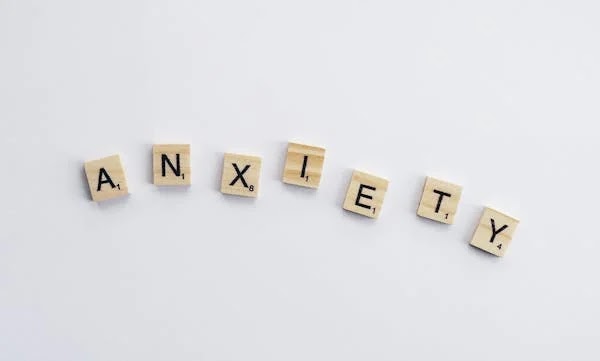Mental Health and Awareness
🧠 Mental Health and Awareness: Because It's Okay Not to Be Okay
We don’t always talk about it, but we feel it — the invisible weight, the late-night overthinking, the days where getting out of bed feels like climbing a mountain. This is the reality of mental health, and it’s time we stop pretending it doesn’t matter.
In a world that tells us to “keep going” and “stay strong,” we often forget that strength can also mean asking for help, slowing down, or simply admitting, “I’m not okay today.” This blog isn’t just about mental health — it’s about the awareness we all need to move toward a more understanding, compassionate world.
🌿 What is Mental Health, Really?
Mental health isn’t just about disorders or diagnoses. It’s about how we feel inside — emotionally, mentally, and even physically. It’s the quiet stuff: how we cope with stress, how we treat ourselves when no one’s watching, how we manage relationships, or recover from heartbreak, failure, or burnout.
And just like physical health, mental health changes. Some days we thrive, other days we just survive. And both are okay.
💡 Why Awareness Is Everything?
Let’s be honest — we’ve all heard phrases like:
-
“You’re just being dramatic.”
-
“Other people have it worse.”
-
“Just snap out of it.”
These words come from a lack of awareness. They make people hide their pain. But when we raise awareness, we change that. We open doors. We give others permission to speak, to feel, to heal.
Awareness matters because:
-
It saves lives.
-
It reduces shame.
-
It helps people seek help sooner.
-
It builds kinder, more connected communities.
🛑 Mental Health Is Struggling, Quietly:
Right now, more people are struggling than we realize — teens, parents, leaders, creatives, students. Some are hiding behind smiles. Others are numbing their pain through distractions, scrolling endlessly, or overworking just to avoid facing their minds.
You are not alone if:
-
You feel anxious for no clear reason.
-
You wake up tired even after 8 hours of sleep.
-
You’ve lost interest in things you once loved.
-
You’re smiling in public but crying in private.
Let that sink in. You are not alone.
🌟 Small Ways to Show Up for Yourself and Others:
Let’s make awareness real. Not just once a year during “Mental Health Month” — but in our everyday lives.
For Yourself:
-
Start your morning with gratitude instead of your phone.
-
Take breaks — not just from work, but from people and pressure.
-
Journal without filters. Let your truth pour out.
-
Talk to someone. A therapist, a friend, even a stranger who listens.
Start your morning with gratitude instead of your phone.
Take breaks — not just from work, but from people and pressure.
Journal without filters. Let your truth pour out.
Talk to someone. A therapist, a friend, even a stranger who listens.
For Others:
-
Don’t assume. Ask: “How are you, really?”
-
Replace advice with presence. Just be there.
-
Share your own struggles if you're comfortable — it opens doors for others.
-
Speak up when someone’s behavior changes. Silence can be a cry for help.
______________________________________________________
❤️ Let’s Normalize Not Being Okay:
Don’t assume. Ask: “How are you, really?”
Replace advice with presence. Just be there.
Share your own struggles if you're comfortable — it opens doors for others.
Speak up when someone’s behavior changes. Silence can be a cry for help.
The strongest thing you can do is say, “I need help.”
The most healing thing you can hear is, “Me too.”
We don’t need to have all the answers. We just need to be human — with ourselves and with each other. Because awareness isn’t about perfection — it’s about progress. About saying, “This matters. I matter. You matter.”
🧘 Final Words:
If you’re reading this and you’re struggling:
You are not broken. You are not weak. You are not a burden.
You are a human being — messy, magical, tired, trying. And that is more than enough.
Let’s keep having the conversation. Let’s keep breaking the stigma. Let’s make mental health and awareness something we no longer whisper about — but speak of with courage, compassion, and care.







Comments
Post a Comment